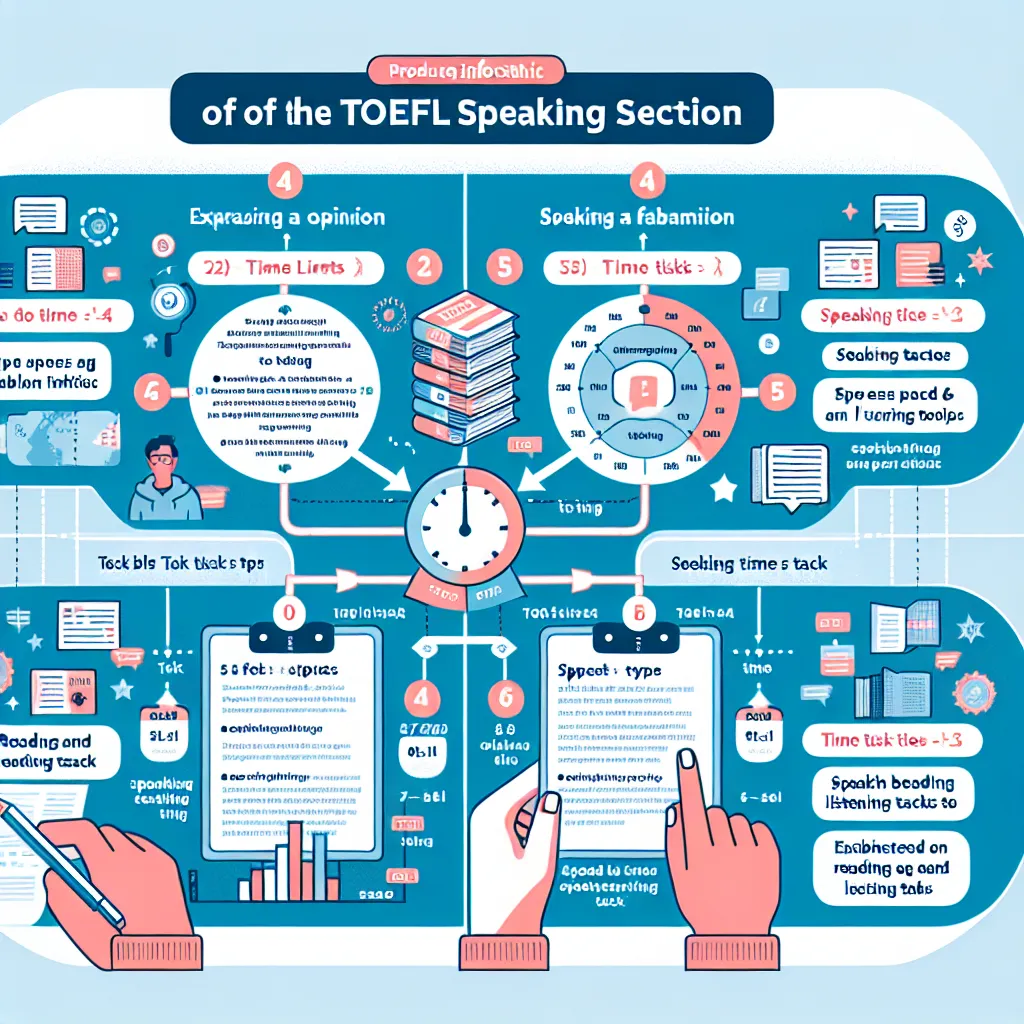Are you preparing for the TOEFL exam and looking to enhance your reading comprehension skills? You’ve come to the right place. As an experienced TOEFL instructor and content creator, I’ll share proven strategies to help you excel in the TOEFL Reading section. Let’s dive into the most effective techniques to boost your reading comprehension and achieve your desired score.
 TOEFL Reading Comprehension Strategies
TOEFL Reading Comprehension Strategies
Understanding the TOEFL Reading Section
Before we delve into improvement strategies, it’s crucial to understand what the TOEFL Reading section entails. This section assesses your ability to comprehend academic texts and answer questions about them. You’ll encounter 3-4 passages, each followed by 10 questions, with a total time limit of 54-72 minutes, depending on the number of passages.
Key Features of TOEFL Reading Passages
- Academic topics: Ranging from science and history to arts and social sciences
- Length: Approximately 700 words each
- Vocabulary: College-level words and phrases
- Question types: Multiple choice, insert text, and summary completion
Effective Strategies to Improve Your TOEFL Reading Comprehension
1. Expand Your Academic Vocabulary
A robust vocabulary is essential for understanding complex academic texts. Here’s how to build it:
- Read extensively from academic sources like textbooks, journals, and reputable online publications
- Create flashcards for new words, including definitions, synonyms, and example sentences
- Use vocabulary apps like Quizlet or Anki for daily practice
- Focus on words commonly used in academic contexts
2. Practice Active Reading Techniques
Active reading involves engaging with the text more deeply. Try these methods:
- Skim the passage quickly before reading in detail to get an overview
- Identify the main idea and supporting details in each paragraph
- Take brief notes or highlight key information
- Ask yourself questions about the content as you read
3. Improve Your Reading Speed
While accuracy is crucial, reading speed is also important due to time constraints. Here’s how to enhance it:
- Use a timer when practicing to increase your pace gradually
- Try the “pointer method” – use your finger or a pen to guide your eyes as you read
- Practice with timed reading exercises regularly
- Focus on reading phrases rather than individual words
4. Develop Your Inference Skills
Many TOEFL Reading questions require you to infer information not explicitly stated. To improve this skill:
- Practice identifying the author’s tone and purpose
- Look for context clues to understand unfamiliar words or concepts
- Draw logical conclusions based on the information provided
- Analyze relationships between ideas in the text
5. Master Different Question Types
Familiarize yourself with the various question formats in the TOEFL Reading section:
- Factual Information questions: Practice locating specific details in the text
- Inference questions: Work on drawing logical conclusions from the passage
- Vocabulary questions: Focus on understanding words in context
- Summary and table completion questions: Practice identifying main ideas and key supporting details
6. Use High-Quality TOEFL Preparation Materials
Invest in reputable TOEFL study resources to ensure effective practice:
- Official TOEFL iBT Tests (Volumes 1 and 2) by ETS
- The Official Guide to the TOEFL Test
- Cambridge Preparation for the TOEFL Test
- Barron’s TOEFL iBT
Learn more about the best TOEFL preparation books and resources
7. Implement a Structured Study Plan
Consistency is key when improving your reading skills. Create a study schedule that includes:
- Daily vocabulary practice
- Timed reading exercises
- Regular mock tests to assess your progress
- Review sessions to analyze your mistakes and learn from them
Important Tips for TOEFL Reading Success
-
Time management: Allocate your time wisely during the test. Aim to spend about 20 minutes per passage and set of questions.
-
Process of elimination: For multiple-choice questions, eliminate obviously incorrect answers to increase your chances of selecting the right one.
-
Contextual understanding: Always refer back to the passage when answering questions. Avoid relying solely on your memory or prior knowledge.
-
Stay calm and focused: Practice mindfulness techniques to manage test anxiety and maintain concentration during long reading passages.
-
Read diverse materials: Expose yourself to various academic subjects to broaden your knowledge base and improve comprehension across different topics.
Next Steps to Elevate Your TOEFL Reading Performance
Now that you have a solid foundation of strategies, it’s time to put them into practice:
- Take a diagnostic test to identify your current reading comprehension level
- Create a personalized study plan based on your strengths and weaknesses
- Set realistic goals for improvement and track your progress regularly
- Join online TOEFL study groups or forums to share experiences and tips with other test-takers
- Consider working with a TOEFL tutor for personalized guidance and feedback
Remember, improving your TOEFL Reading comprehension is a gradual process that requires dedication and consistent practice. By implementing these strategies and maintaining a positive attitude, you’ll be well on your way to achieving your target TOEFL score.
Explore our comprehensive TOEFL preparation course for more in-depth guidance
Are you ready to take your TOEFL Reading skills to the next level? Share your experiences and questions in the comments below, and don’t forget to check out our other TOEFL preparation resources to support your journey to success!




